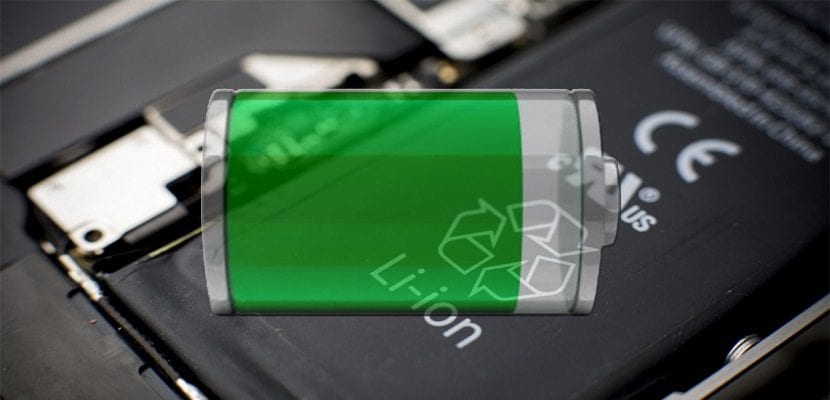
In recent years, smartphones have come a long way in both functionality and technology used. But one of the aspects that have evolved the least has always been the battery life, although the latest mobile operating systems have greatly improved their consumption, but the result is always the same: charge the smartphone every night. It seems that manufacturers have left it for impossible in recent times are dedicating themselves to researching flexible batteries instead of improving them to offer a longer duration.
MIT is investigating a lithium battery that is not composed of anodes and in which a combination of other elements is used that allow increasing the capacity of the batteries without having to expand their current size. According to MIT, the idea is to eliminate the graphite anode and instead use a lithium metal layer with a smaller size but that is capable of retaining a greater amount of ions, which is equivalent to a greater energy capacity that offers us a greater duration.
The MIT idea is not only focused on improving the life of smartphones but also onThis advance could be seen in the drone battery, whose battery life, a few minutes, despairs any user who wants to spend a long time with them without having to be aware of the battery life. In addition, the battery life could be twice that of current ones with half the size. The first SolidEnergy batteries will reach the drone market before the end of the year and at the beginning of the year they will begin to be available for smartphones and wearables. We will have to wait a year later for these batteries to reach electric vehicles.